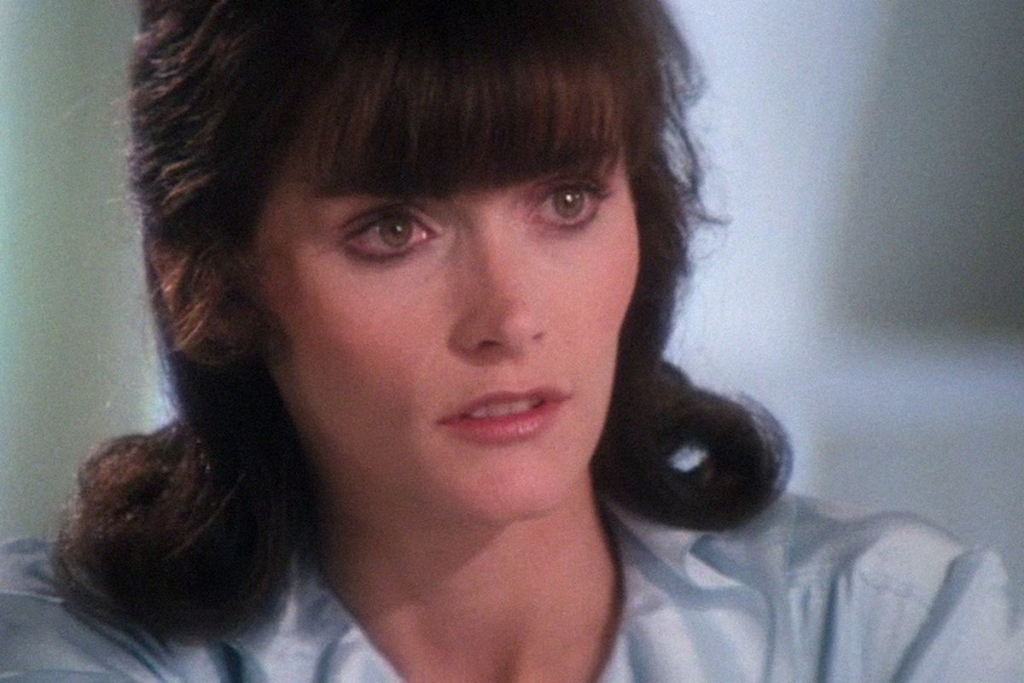The actress Margot Kidder passed away at the age of 69 over the weekend. She was found in her home in Livingston, Montana. Police are currently investigating her death, but no foul play is suspected. She had said that she was in bed with the flu during a telephone interview with Drew and Mike, two Detroit-based DJs. It is unclear if the illness contributed to her death.
While Kidder may have gained worldwide fame in the Seventies and Eighties, most notably due to her role as Lois Lane in the first four Superman films, the mental health community will remember her for her willingness to bring awareness to bipolar disorder by bravely speaking about her own battle with the disease.
“The reality of my life has been grand and wonderful, punctuated by these odd blips and burps of madness,” Kidder told PEOPLE Magazine shortly after experiencing a public episode in 1996.
Though Kidder had been diagnosed with the illness in 1988, she refused treatment initially. Her symptoms remained manageable and limited to what she described as “mood swings that could knock over a building.” In a way, she assumed that her mental illness was just part of what made her a great artist.
“It is no coincidence that bipolar disorder is seen frequently among artists and highly successful individuals,” Dr. Samoon Ahmad, the founder of the Integrative Center for Wellness, said. “Hypomanic and manic symptoms drive creativity and many of these individuals refuse treatment based on their experience when such treatments kill their creativity.” Such a fear is unwarranted, however, especially when one considers the risks associated with refusing treatment. Though the manic highs may serve as a wellspring for creativity, the depressive lows can be debilitating.
Furthermore, some manic episodes can put the individual experiencing them in extreme danger. This is something Kidder discovered in 1996 during what she called “the most public freak-out in history.” It was initially triggered by a computer virus that deleted the memoir she had been working on for several years. After a computer specialist in Los Angeles said that the document could not be recovered, Kidder became convinced that the memoir had been deleted on purpose by a nefarious group that included her first husband, novelist Thomas McGuane, and the CIA. Her condition quickly deteriorated. Four days later, she was found in a backyard several dozen miles away from where she had last been seen.
After the incident, Kidder accepted the previous diagnosis, began to receive treatment, and spoke about her condition with a degree of candor that was rare for the time. She also openly discussed how she had sought alternative treatments to the disease beyond the psychiatric and the pharmacological. This included herbal remedies and acupuncture. Because she was willing to work with medical professionals and to keep an open mind while obtaining treatment, she was able to find a sense of balance that allowed her to be less mercurial while continuing to perform and pursue creative outlets.
In a CBC interview in 2012, she reflected on how these treatments had proven successful—she had not had another manic episode like the one that occurred in 1996. “I feel lucky that I got the kind of help that I did…. I got people who didn’t insist I got drugged to the gills with a lot of mind numbing things that basically turn you into a vegetable. [They] taught me how to get better naturally. So I feel really, really, really blessed for that.”
Through her willingness to discuss her disease, as well as her desire to discuss alternative treatments to bipolar disorder, Kidder helped both to make mental illness less taboo and brought attention to the potential benefits of integrating other forms of wellness to traditional medical treatment. By taking these brave steps, Kidder may have persuaded some of the millions of Americans who suffer from bipolar disorder to seek and obtain treatment.


0 Comments on "Margot Kidder Whose Struggles with Bipolar Disorder Were Widely Publicized, Has Died"